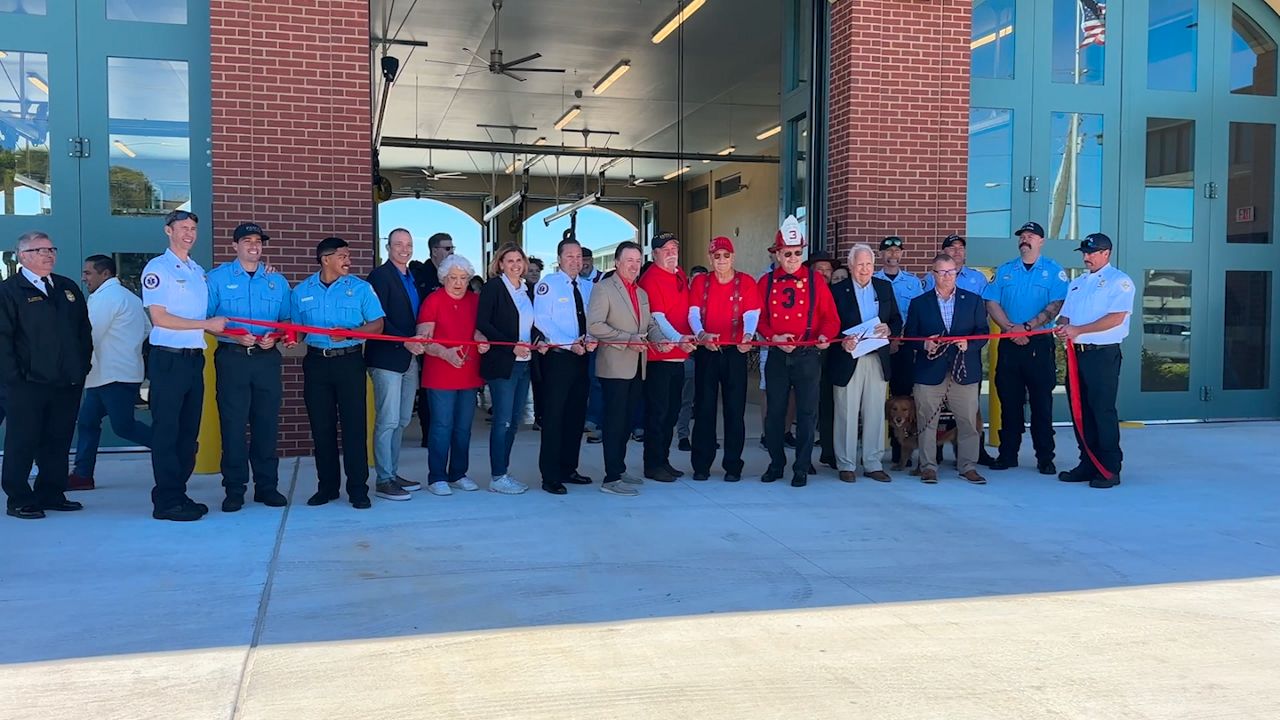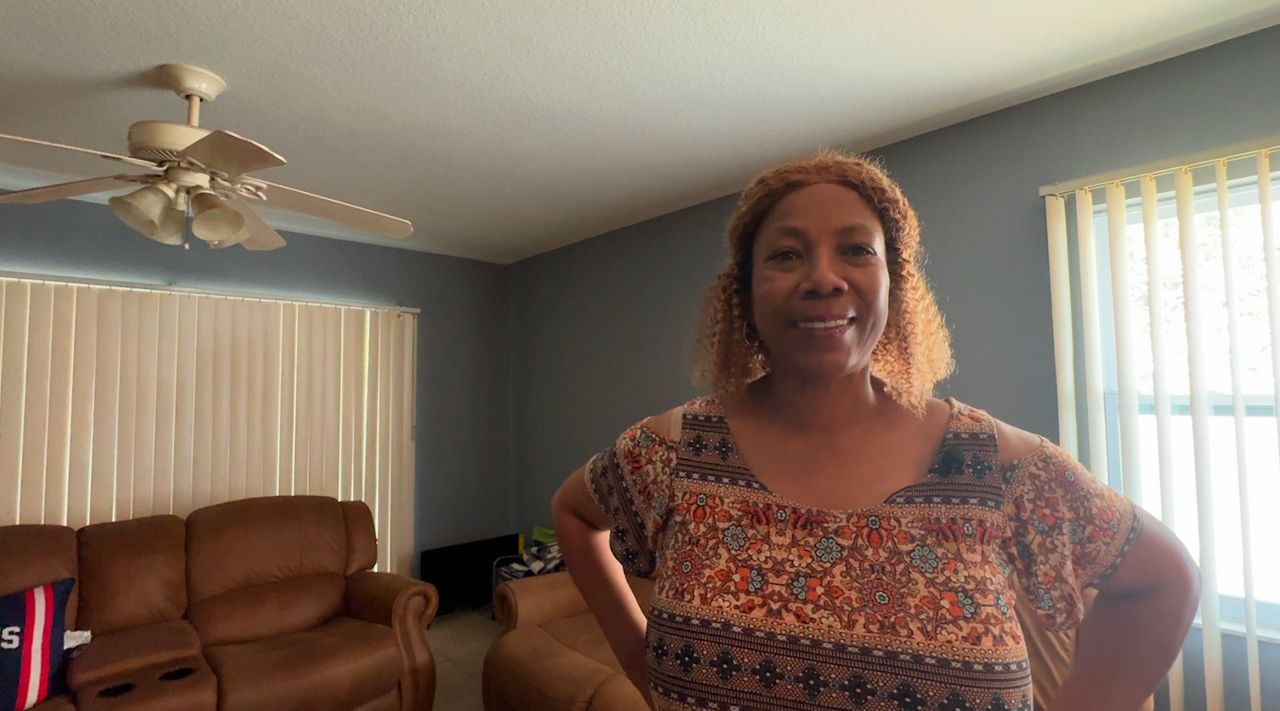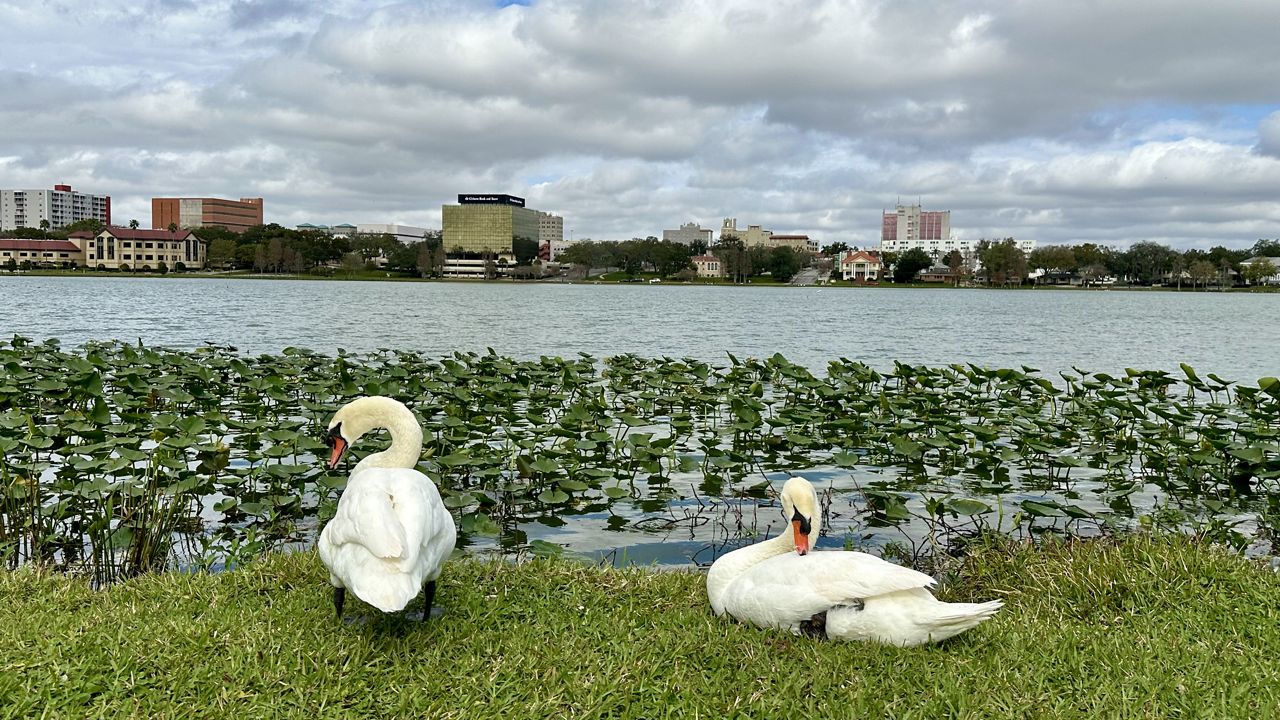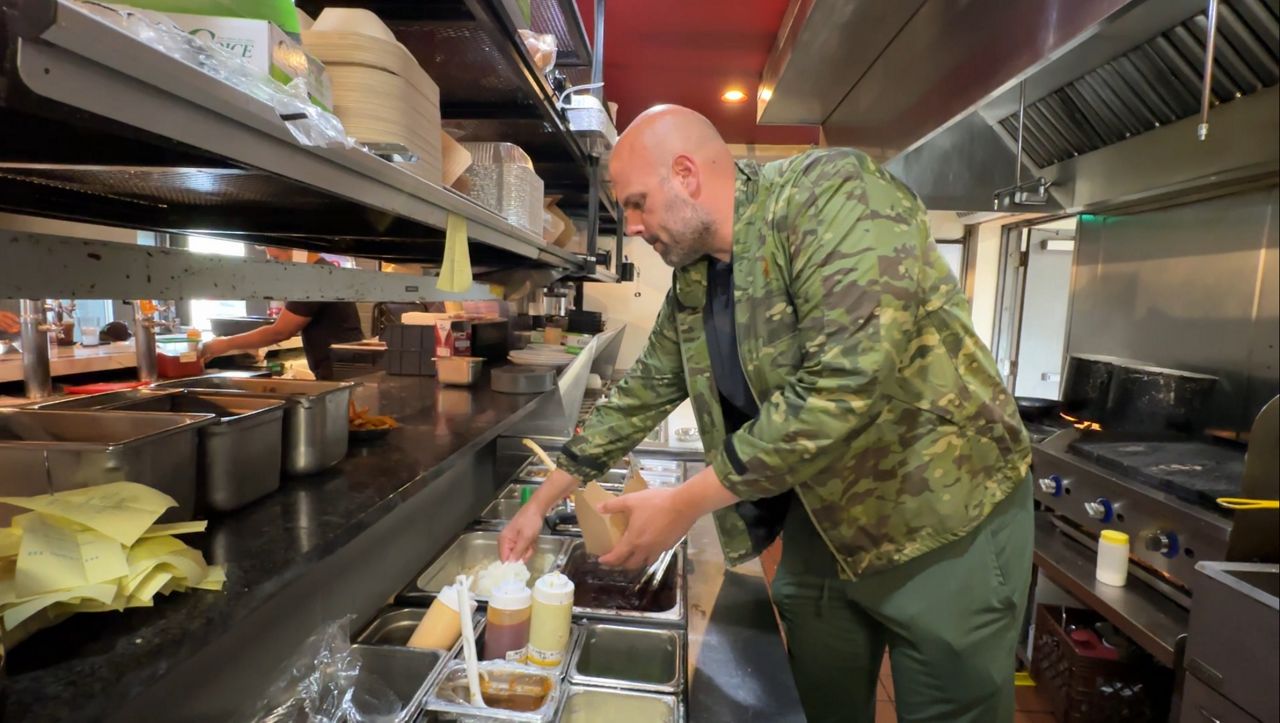TAMPA, Fla. — The Upper Floridan aquifer is under strain and experts warn Central Florida’s current fresh water supply won’t be able to keep up with the region's growing population, leaving municipalities in search of alternative water supplies.
What You Need To Know
- Experts warn that Central Florida's current fresh water supply won't be able to keep up with the region's growing population
- Municipalities are now in search of alternative water supplies
- A pilot program in Lakeland is hoping to turn wastewater into drinking water
Polk County is hoping to get ahead with a pilot project in Lakeland that could turn wastewater into drinking water. Testing at the new $2.5 million facility began a couple of months ago.
“It’s been under construction for about a year and it’s a process that will allow us to test what it would take to take reclaimed water up to the standards regulators are going to be happy with,” said Tamara Richardson, Polk County’s utilities director.
The facility takes wastewater through a six step process that includes carbon filtration and U-V disinfection. It’s all designed to scrub reclaimed water of harmful chemicals, bacteria, hormones and even viruses to make it safe enough to drink.
But the concept isn’t without controversy, as seen in nearby Hillsborough County with Tampa’s TAP program that was scrapped in 2019. More recently, Mayor Jane Castor’s push for PURE, another reclaimed water project, was also opposed by city council members and environmental groups.
The efforts have been dubbed toilet to tap and could take some convincing to get the public onboard.
But according to the Southwest Florida Water Management District, finding new sources of water is critical, especially in Central Florida, where the population is booming.
“There simply isn’t enough traditional supplies, meaning our upper Florida Aquifer, to address this growth,” Water Resources Bureau Chief Jay Hoecker said. “So really, we’ll have to look to alternative water supplies to sustainably meet that demand out into the future.”
The wastewater pilot program in Lakeland is expected to last a year. All together, SWFWMD is providing about $300 million in funding for alternative water supply projects in Polk County.









